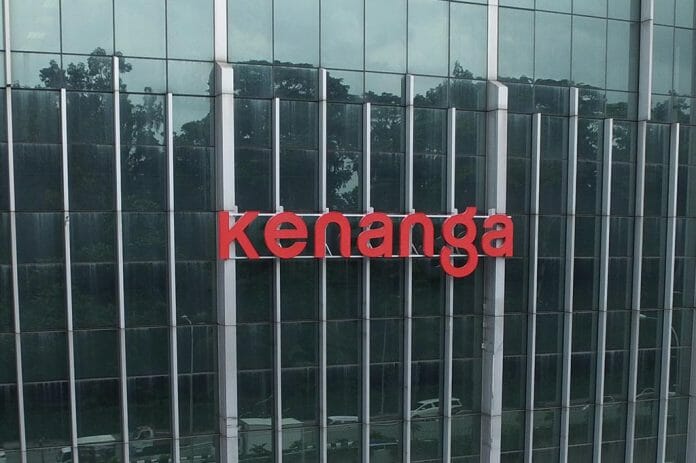Bank Negara Malaysia’s Monetary Policy Committee’s overnight policy rate maintaining the rates at 2.75% was a surprise move for many economists.
All but one of the 27 economists in Reuter’s poll forecasted a rate hike. BNM’s reason for the decision it said was to “allow the MPC to assess the impact of the cumulative past OPR adjustments, given the lag effects of monetary policy on the economy.” The only change to the previous narrative is on the expected outcome of China’s sudden U-turn of its COVID-19 policy
While the MPC states that “the global economy continues to be weighed down by elevated cost pressures, higher
interest rates, and COVID-19-related disruptions in China,” it expects growth in China “to improve once the current COVID-19 wave subsides.” Nonetheless, the MPC reiterated the downside risks to the growth outlook: an escalation of geopolitical tensions, weaker-than-expected growth outturns in major economies, and a sharp tightening in financial market conditions.
On the domestic front, the committee sees GDP growth for 2022 to exceed the earlier projected range of 6.5% – 7.0% (KIBB 2022E: 8.6%). After coming off a strong performance in 2022, the MPC expects growth in 2023 (KIBB 2023F: 4.3%) to moderate amid a global economic slowdown.
Inflation: For 2023, the MPC sees headline (KIBB 2023F: 2.5% Vs. 2022E: 3.4%) and core inflation to moderate but remain at elevated levels amid lingering demand and cost pressures. We also share BNM’s view that “the balance of risk to the inflation outlook is tilted to the upside and remains highly subject to any changes to domestic policy on subsidies and price controls, as well as global commodity price developments.”
Overall, research house Kenanga opines that the signal to pause its current normalisation cycle was due to the evolving conditions and their implications to the domestic inflation and growth outlook.” It added that “the MPC will continue to calibrate the monetary policy settings that balance the risks to domestic inflation and sustainable growth.”
The last time BNM paused during a tightening cycle was in 2010 after it hiked the OPR by 25 basis points (bps) in July, then only resumed hiking by another 25 bps in May 2011. Hence, barring unforeseen shocks or major policy shifts, Kenanga expects the OPR to remain unchanged at 2.75% for the rest of the year.









